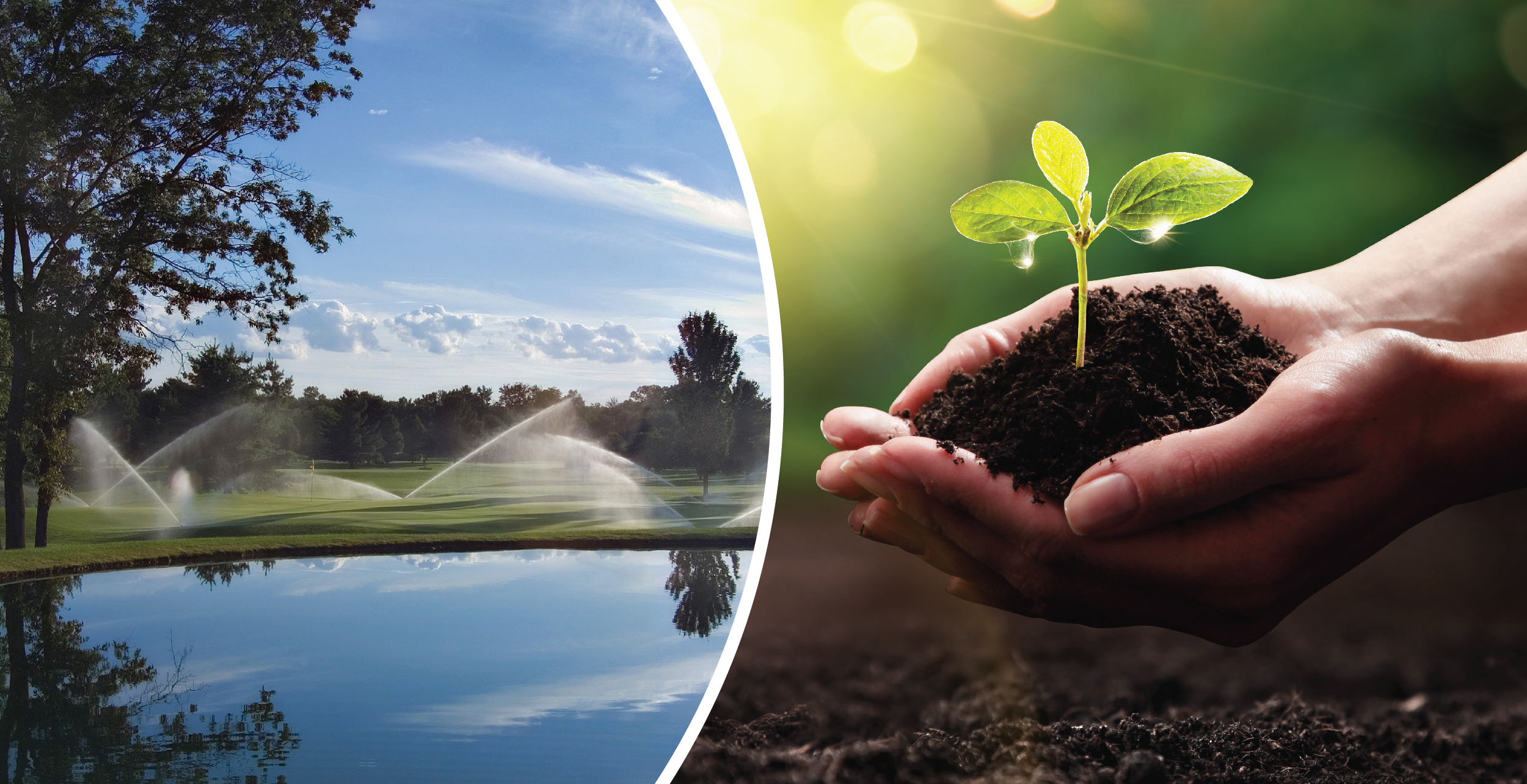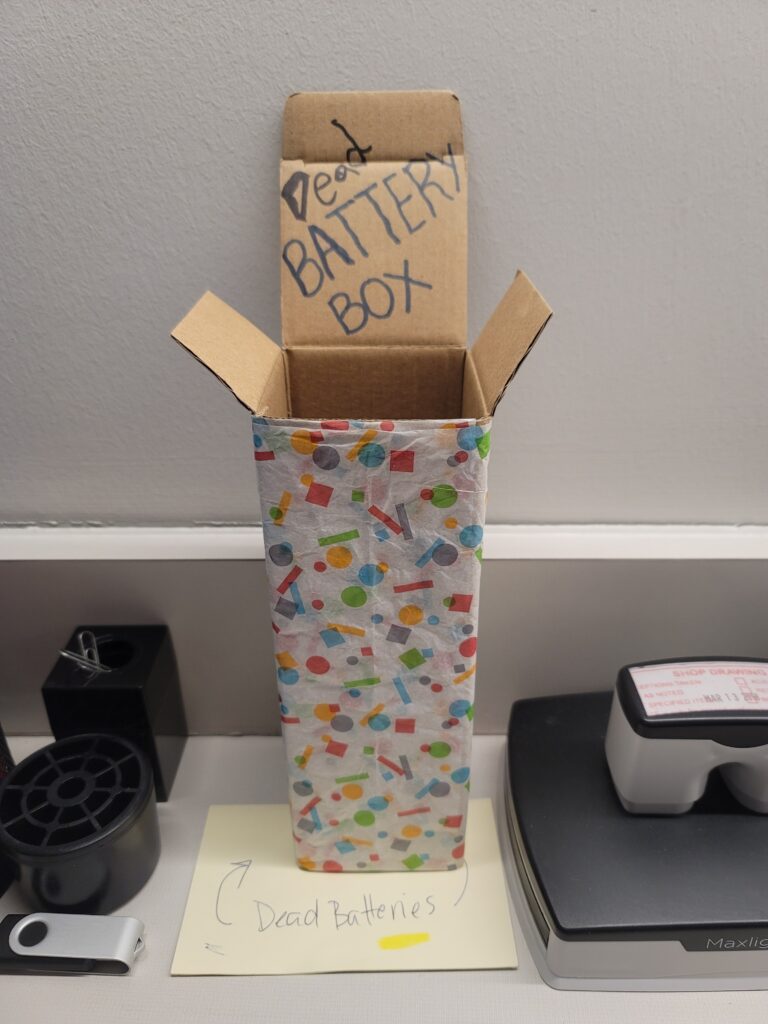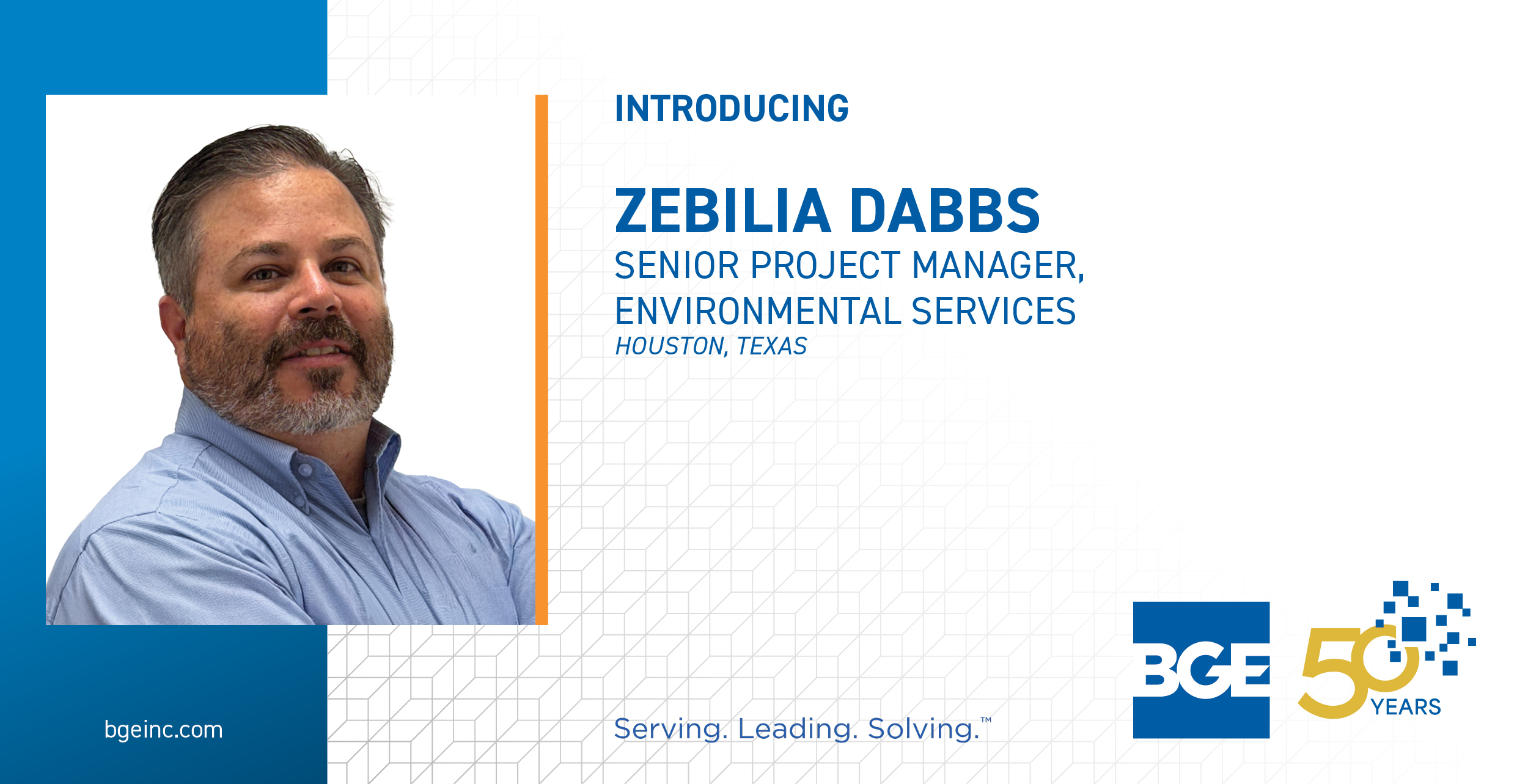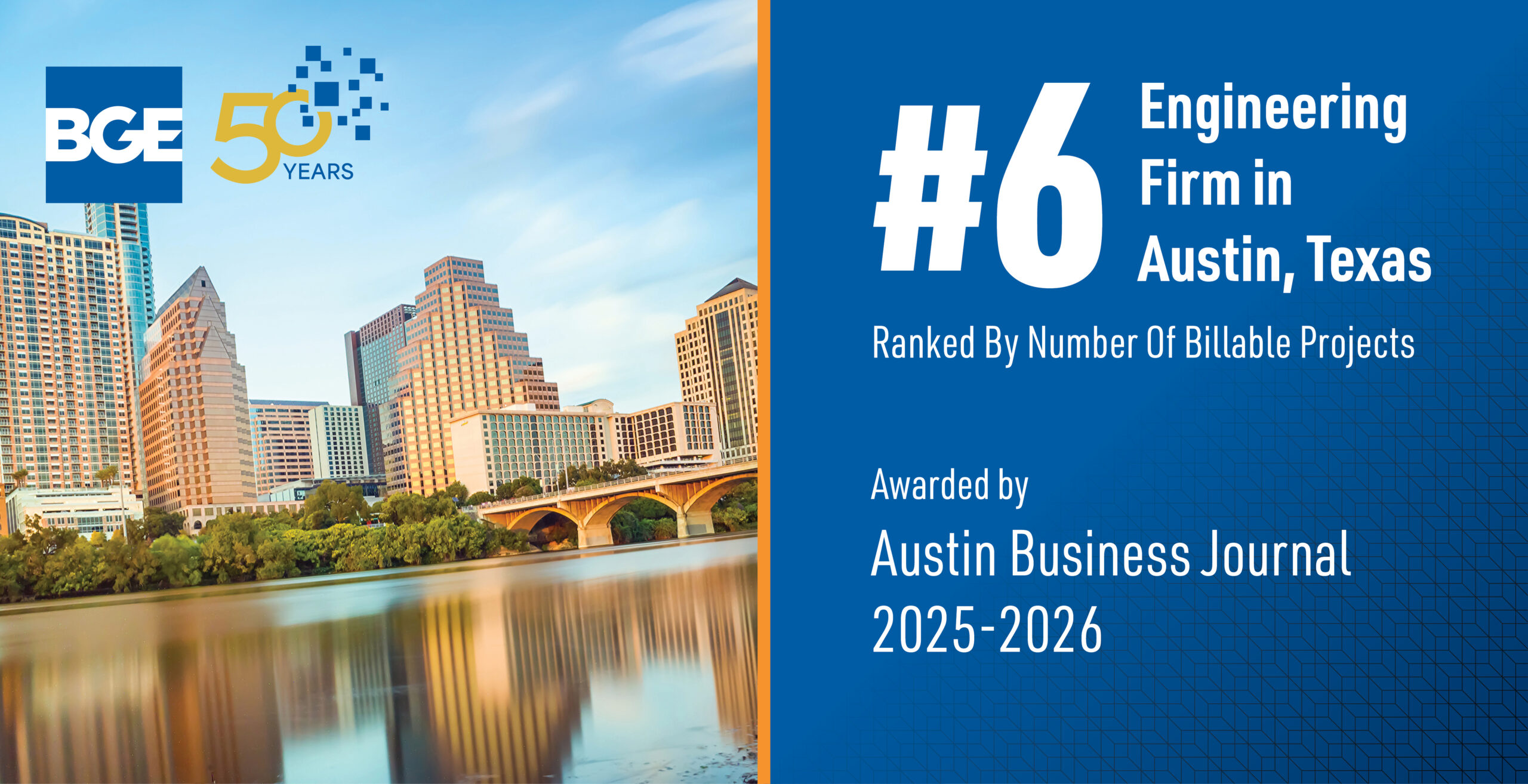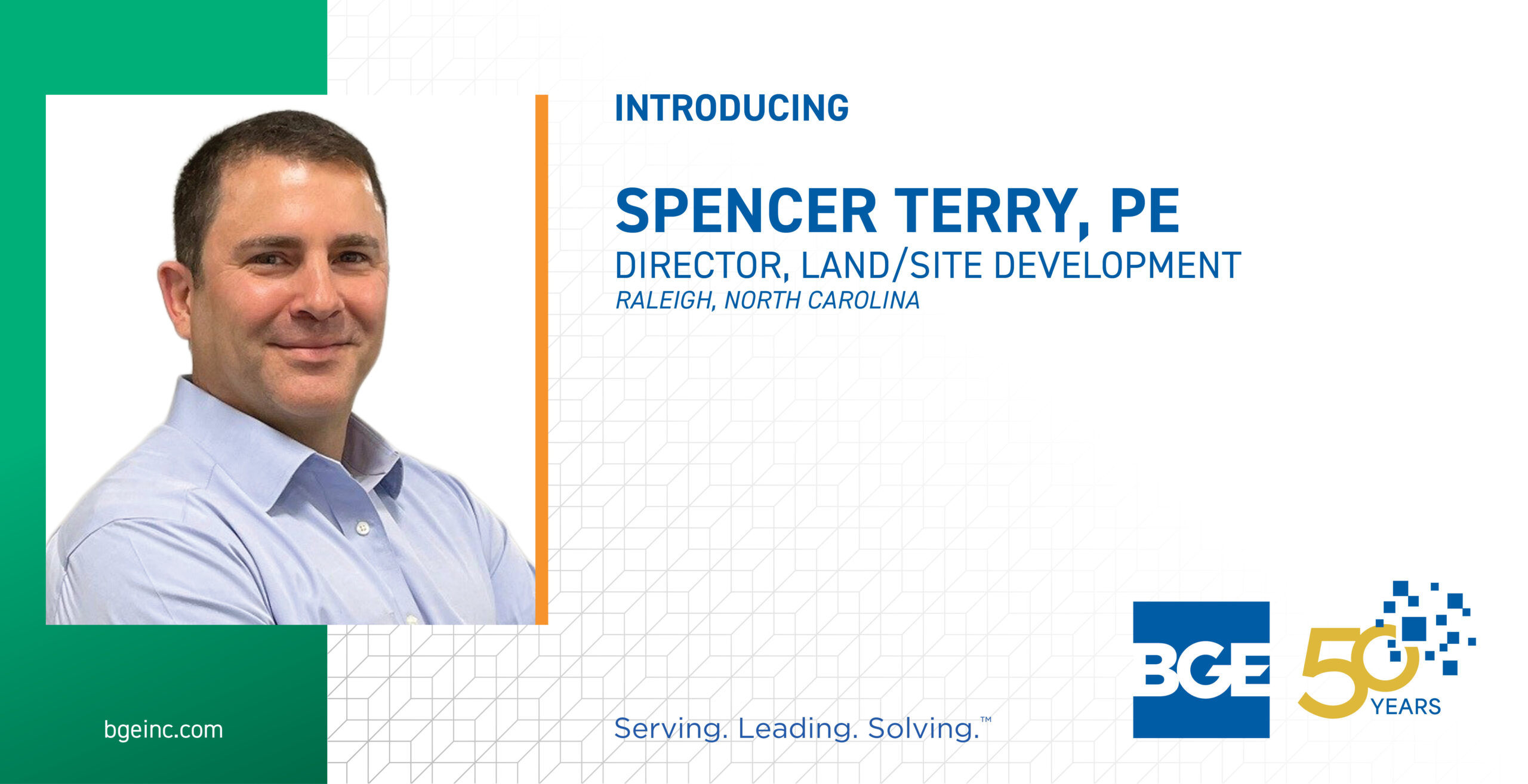What do you think when you see the word ‘sustainability’?
With Earth Day occurring this month, it’s fashionable to talk about ‘sustainability’. But really, what is it? Why should we care? What can we do about it?
Sustainability is defined as the ability to maintain a certain rate or level. Practically speaking, with the Earth Day focus on environmental matters this month, it begs the question of how we collectively maintain a 21st-century lifestyle without depleting the resources needed for that lifestyle. From that perspective, we all need to help out with sustainability.
As one who was raised on a family ranch, sustainability was instilled in us. We had cattle and other livestock that we raised. We fed them and treated them well because we knew they were our source of food. We were sustained by focusing on sustaining the livestock.
That seed of sustainability grew and has stuck with me and carries over into my personal life to this day. Today, my family operates a zero-waste home. We use vinegar and other naturally occurring chemicals to clean our house instead of products that contain synthetic fragrances, bleach and other man-made chemicals.

Sustainability also carries over into my work as a project manager in Land Development in BGE’s South Austin office. At BGE, we constantly work with clients (developers) who ask about sustainable solutions. One of the ways I try to help our clients with sustainability solutions is by being on the Urban Land Institute’s Resilience and Sustainability Council in Austin. Our council is always looking into new, sustainable, affordable designs. Fortunately, the city also has several rebate and pilot programs for those looking to implement a cleaner design. Austin Water (utility) and Austin Energy (electric) also give rebates for certain designs meant to save resources. For example, you can get a rebate for using rainwater harvesting on a multifamily building or commercial building.
With that knowledge, BGE can recommend developers improve the sustainability of their projects by using less resources (water, gas or electrical). Another example is the use of biofiltration treatment to increase the quality of their water ponds. By using both sedimentation (sand and clay) and biofiltration (plants) the water ponds do an even better job of filtering the water, so it ultimately is cleaner. When developers use both types of pond filtration, they might be able to work through some sticky environmental issues or increase the number of units on their property – which means they get a better return on their investment. If developers can save and reuse a resource like water on their properties, that’s a win for them and a win for sustainability.
One thing we all can do to help with sustainability is to reduce, reuse and recycle. I have a recycling bin at my office where co-workers can drop off used batteries. Every week or two I’ll take them to a place nearby where they can be recycled.
Why do I recycle batteries? According to the EPA, Americans purchase three billion batteries every year to power toys, cell phones, radios, watches, etc. Recycling batteries: 1) keeps harmful chemicals out of the environment; 2) saves non-renewable resources; 3) reduces the cost of new batteries; 4) complies with federal law; 5) improves human health; and 6) reduces landfill waste. Batteries, obviously, aren’t the only things that can be recycled. The City of Austin offers a lot of opportunities to recycle – paint, plastic, shoes, clothes, all kinds of things. And, while I realize I can’t turn our breakroom into a recycling room, I would like to get another recycling bin to cover other trash because recycling has to be convenient for people to do it.
Click Here for a website to check out recycling options near you
Although recycling is a great option, it’s just one way people can help with sustainability. Since everyone’s situation is different, if you can’t recycle, maybe you can reduce consumption or reuse what you can. Reduce, reuse and recycle are great ways for everyone to help with sustainability.

